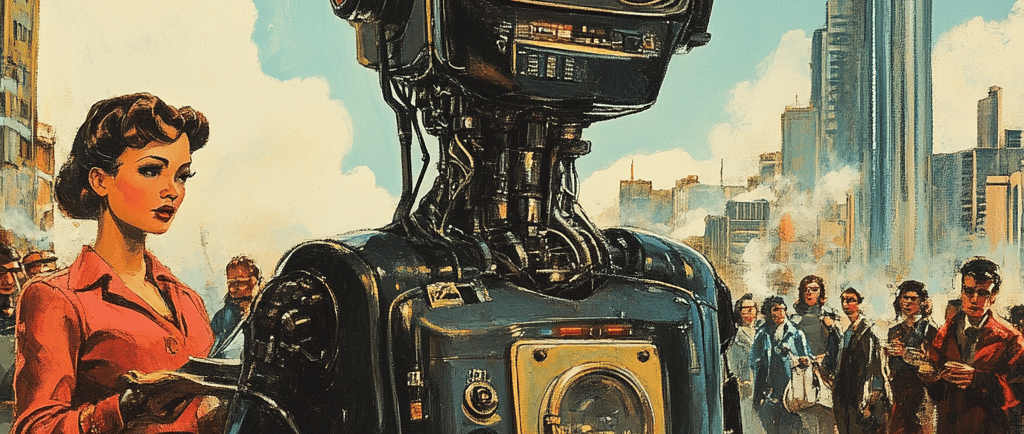The Launch of the UBI Pilot Program in California: Exploring AI Taxation Funding
TIMELINE


UBI Pilot in California: The AI-Funded Experiment That Could Change Everything
I’ve been following conversations around Universal Basic Income (UBI) for years. The idea has always intrigued me: a guaranteed income for everyone, no strings attached, providing financial security in a world where automation is replacing human labor. But for the longest time, UBI was just that—an idea, debated endlessly but never truly tested at scale. Now, California is taking the first real step forward, launching a UBI pilot funded entirely by AI taxation.
This moment feels like a turning point. AI-driven automation has already displaced jobs across multiple industries, and it’s only going to accelerate. Companies that once hired large teams are now running with a fraction of their previous workforce, thanks to AI handling everything from customer service to legal research. As machines take over more work, we’re left with a crucial question: how do we ensure that people can still afford to live when traditional jobs are disappearing?
The California UBI experiment is designed to answer that. Instead of relying on traditional tax models, the program is funded through an AI taxation system, where companies profiting from automation contribute a portion of their revenue to a collective fund. This fund is then distributed as a basic income to individuals affected by job displacement. It’s a radical but necessary step in addressing the economic imbalances caused by AI-driven efficiency.
I can already see the potential impact. For some, UBI will act as a safety net, covering basic necessities and reducing the stress of financial instability. For others, it will provide the freedom to explore new careers, start businesses, or pursue education without the constant pressure of making ends meet. Instead of fighting against automation, this model embraces it—leveraging AI’s productivity gains to support human well-being.
Of course, there’s skepticism. Will UBI discourage people from working? Will AI taxation drive companies away from innovation? And can this system scale beyond California? These are fair questions, and I don’t think we have all the answers yet. But that’s what makes this pilot so important. We need real-world data, not just theories, to see whether UBI can function as a long-term solution in an AI-dominated economy.
If this experiment succeeds, it could set a precedent for other states—and eventually, other countries—to follow. The world is heading toward a future where work, as we know it, is no longer the primary way people earn a living. The question isn’t whether AI will change the economy; it already has. The real question is how we adapt, and whether solutions like UBI can ensure that progress benefits everyone, not just the companies at the top.
This isn’t just about economics. It’s about rethinking the role of work, purpose, and human value in a world where AI is taking over tasks we once thought were uniquely ours. California’s UBI pilot is the first serious test of that vision. Now we wait to see what happens next.
